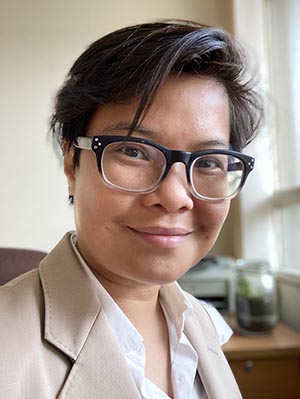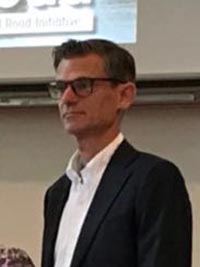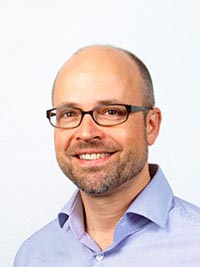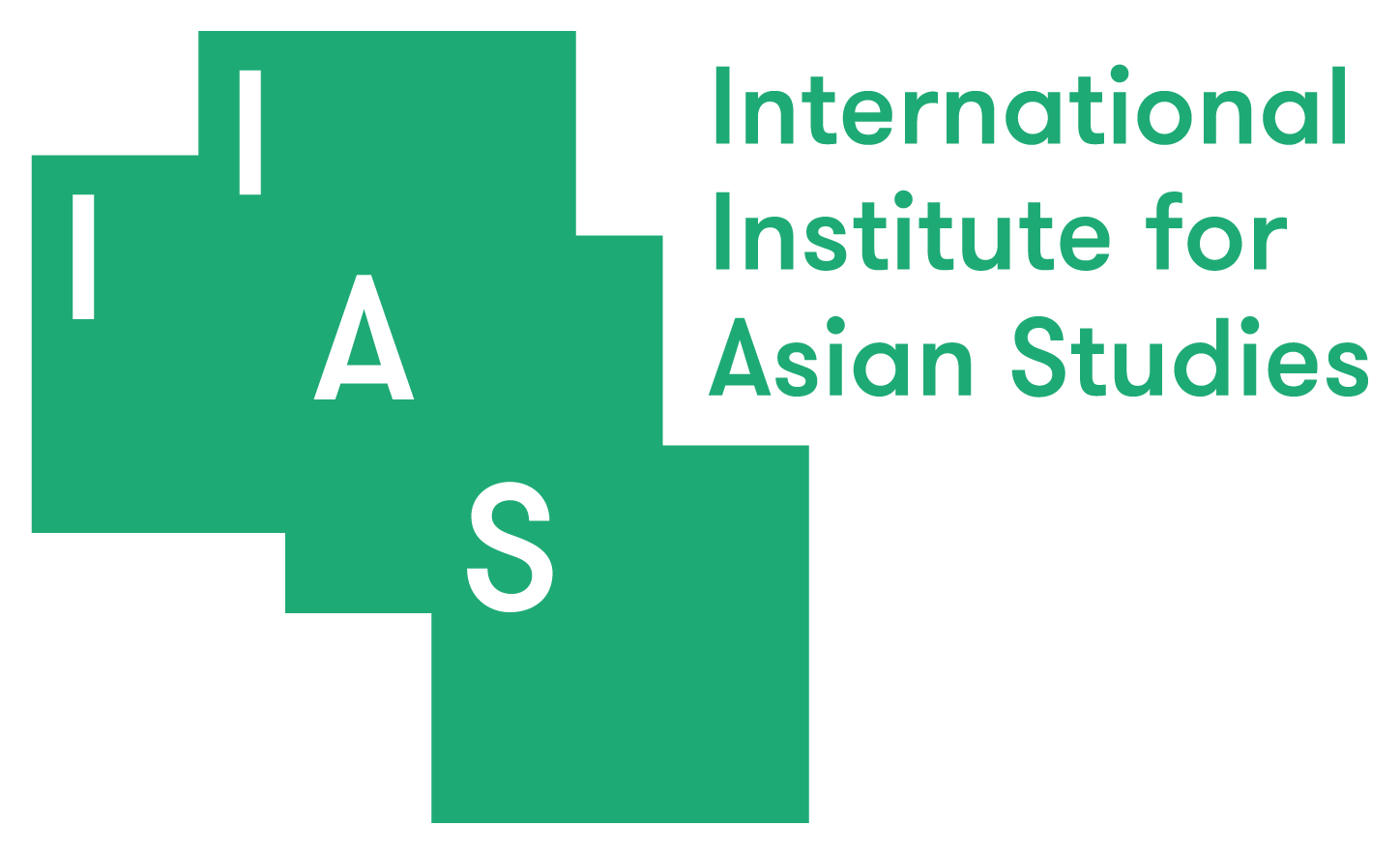Future Practices of Citizenship in Asia and the West. The Care of the Self III
Please join us for this conference, in Leiden or online.
This multi-disciplinary conference forms part of the Care of the Self project which has been investigating human agency in society, taking Michel Foucault’s concept of the care of the self as its point of departure. The project’s focus on citizenship and human rights in Asia and the West (and comparisons between them) is one of its unique selling points.
This conference will be a hybrid event with some speakers participating online as indicated below: *online ** possibly online.
Venue
Museum Volkenkunde (Paviljoen Room)
Steenstraat 1
2312 BS Leiden
Netherlands
Monday, 25 April
Opening session: 9:00-9:30 CEST
Session 1: Citizenship and its Challenges: 9:30-12:30
- *Binh Trinh: Ethical Citizenship in the Configuration of Market Socialism: Values and Sacrifice of Women Working in the NGO Sector in Post-Reform Vietnam
- *Lily Song, John Taylor, Fildzah Husna Amalina: Youth Leadership and Urban Citizenship in Indonesian Cities
- Jun Chu: Practicing Citizenship in Urban China: A Case Study of Migrant Activism
- Tommy Hall, Elisabetta Aversa, Samantha Edwards: Narratives and Settlement Patterns: An Examination of Modern Colonialism in Xinjiang
- Mark Watson: Finding Our Voice: Rethinking the Politics of Ainu in Tokyo and Inuit in Montreal through an Ordinary Ethics of Care
Lunch (for participants and audience members): 12:30-13:30
Session 2: The Digital Age: 13:30-16:00
- Tijn Rümke: Critical Heritage Engagement in a South Chinese Port City as a Self-taught Practice of Citizenship
- Marie Gibert-Flutre, Guillaume Tran Huu: Reclaiming the Streets from the Apps? Rethinking Future Practices of Urban Citizenship in the Digital Age: Perspectives from Vietnam
- *Caterina Villani, Barui Kurniawan Waruwu, Kin Wai Michael Siu: Care of the Self as a Spatial Practice: Digital Tools Supporting the Physical Activities of Migrant Domestic Workers in Hong Kong
- *Sau-Wa (Veronica) Mak (Kai-yan (Amber) Poon): Political Consumerism, Youth Culture, and Social Media: A Case Study of ‘Yellow’ Food Influencers in Hong Kong
Dinner (for participants only): 18:00
Tuesday, 26 April
Session 3: Covid-19 and its Responses: 9:30-12:30
- Suk-Ki Kong, Hyun-Chin Lim: Reclaiming Democratic Citizenship While Tackling Covid-19 in South Korea
- Vishnu Kumari Tandon: The Disproportionate Effects of Covid-19 on Citizen Participation in Nepal
- Julie Trébault, Manojna Yeluri: ‘Don’t say that!’ Artistic Freedom and Citizen Responses to Covid-19 in Southeast Asia
- **Shoko Sakuma: Comparative Study of Community-based Responses in Informal Settlements to the Covid-19 Pandemic in Southeast Asia
- Seohee Kwak: Clashes Between Government Covid-19 Measures and Citizens’ Freedom: A Comparative Study of the Netherlands and Vietnam
Lunch (for participants and audience members): 12:30-13:30
Session 4: Sustainability: 13:30-16.00
- Tilak Jha: Self and Citizenship in the Anthropocene: Conceptualising the Individual as ‘Creator’ of the New Urban
- **Virginie Arantes: ‘Green’ Citizenship and the Depoliticization of Environmental Governance in Urban China
- Stephanie Benzaquen-Gautier: Cambodia’s New ‘Ecological Citizens’: Looking at Environmental Activism in the Kingdom Today
- *Gilang Mahadika, Putri Ananda Saka: #JogjaAsat and Right to Groundwater in the City of Yogyakarta: A Brief Critique of Tourism
Plenary session: 16:00-17:00
*online
** possibly online
A selection of the best papers from this event will be gathered into a peer-reviewed publication. This will be the final instalment in a trilogy dealing with citizenship and society in Asia and the West. The first two books were Ancient and Modern Practices of Citizenship in Asia and the West (2019) and Contemporary Practices of Citizenship in Asia and the West (2020), published by Amsterdam University Press.
For information on previous publication go to https://www.iias.asia/books/asian-cities
Nurul Azlan (Universiti Teknologi Malaysia)
 Nurul Azreen Azlan teaches in the Masters of Sustainable Urban Design programme at the Faculty of Technology and Informatics Razak, UTM Kuala Lumpur. Her academic focus leans towards the politics of space, where she is predominantly interested in the availability of space for people to participate in public life. As such, she is interested in how and why spaces and infrastructure are produced and governed in relation to politics, the impact of privatisation of public goods, and how historical processes, particularly colonisation, has shaped the resultant built environment and spatial practices.
Nurul Azreen Azlan teaches in the Masters of Sustainable Urban Design programme at the Faculty of Technology and Informatics Razak, UTM Kuala Lumpur. Her academic focus leans towards the politics of space, where she is predominantly interested in the availability of space for people to participate in public life. As such, she is interested in how and why spaces and infrastructure are produced and governed in relation to politics, the impact of privatisation of public goods, and how historical processes, particularly colonisation, has shaped the resultant built environment and spatial practices.
Nurul graduated as a Part II architect from University Technology Malaysia before pursuing a Masters in Urban Design at the Bartlett UCL. She completed her PhD at the Technology University of Delft, where she wrote a dissertation on the spaces of protest in post-colonial Kuala Lumpur.
Gregory Bracken (TU Delft)
 Dr. Ir. Gregory Bracken is Assistant Professor of Spatial Planning and Strategy at TU Delft and one of the co-founders of Footprint, the e-journal dedicated to architecture theory. From 2009-2015 he was a Research Fellow at the International Institute for Asian Studies (IIAS) Leiden where he set up (with Dr. Manon Ossewijer) the Urban Knowledge Network Asia (UKNA) with a €1.2 million grant from Marie Curie Actions. While there he also established the annual IIAS-TU Delft conference series called the Care of the Self which generated the books Contemporary Practices of Citizenship in Asia and the West: Care of the Self, Volume II (2020) and Ancient and Modern Practices of Citizenship in Asia and the West: Care of the Self, Volume I (2019). Other publications include Asian Cities: Colonial to Global (2015), The Shanghai Alleyway House: A Vanishing Urban Vernacular (2013, and translated into Chinese in 2015), and Aspects of Urbanization in China: Shanghai, Hong Kong, Guangzhou (2012). G.Bracken@tudelft.nl
Dr. Ir. Gregory Bracken is Assistant Professor of Spatial Planning and Strategy at TU Delft and one of the co-founders of Footprint, the e-journal dedicated to architecture theory. From 2009-2015 he was a Research Fellow at the International Institute for Asian Studies (IIAS) Leiden where he set up (with Dr. Manon Ossewijer) the Urban Knowledge Network Asia (UKNA) with a €1.2 million grant from Marie Curie Actions. While there he also established the annual IIAS-TU Delft conference series called the Care of the Self which generated the books Contemporary Practices of Citizenship in Asia and the West: Care of the Self, Volume II (2020) and Ancient and Modern Practices of Citizenship in Asia and the West: Care of the Self, Volume I (2019). Other publications include Asian Cities: Colonial to Global (2015), The Shanghai Alleyway House: A Vanishing Urban Vernacular (2013, and translated into Chinese in 2015), and Aspects of Urbanization in China: Shanghai, Hong Kong, Guangzhou (2012). G.Bracken@tudelft.nl
Paul Rabé (IIAS/UKNA)
 Dr. Paul Rabé is academic coordinator of the cities cluster at the International Institute for Asian Studies (IIAS) in Leiden, the Netherlands, which includes two networks of urban scholars: the Urban Knowledge Network Asia (UKNA) and the Southeast Asia Neighborhoods Network (SEANNET). In addition, Paul is Lead Expert in Urban Land Governance at the Institute for Housing and Urban Development Studies (IHS) of Erasmus University Rotterdam, where he heads the Land Management team. He is a political scientist by training, with a doctoral degree in policy, planning and development from the University of Southern California’s Sol Price School of Public Policy. Paul’s motivation is to bridge the divide between academia and practice when it comes to our approaches to cities. His engagement is in both worlds: he has over 20 years of experience in advisory work and capacity building as well as research and teaching on urban policy topics. His research and professional interests focus on urban land governance and access to land for social, economic and environmental uses. His current focus is on the intersection of land policy and the management of water resources in urban and peri-urban areas.
Dr. Paul Rabé is academic coordinator of the cities cluster at the International Institute for Asian Studies (IIAS) in Leiden, the Netherlands, which includes two networks of urban scholars: the Urban Knowledge Network Asia (UKNA) and the Southeast Asia Neighborhoods Network (SEANNET). In addition, Paul is Lead Expert in Urban Land Governance at the Institute for Housing and Urban Development Studies (IHS) of Erasmus University Rotterdam, where he heads the Land Management team. He is a political scientist by training, with a doctoral degree in policy, planning and development from the University of Southern California’s Sol Price School of Public Policy. Paul’s motivation is to bridge the divide between academia and practice when it comes to our approaches to cities. His engagement is in both worlds: he has over 20 years of experience in advisory work and capacity building as well as research and teaching on urban policy topics. His research and professional interests focus on urban land governance and access to land for social, economic and environmental uses. His current focus is on the intersection of land policy and the management of water resources in urban and peri-urban areas.
Call for papers (closed)
This event is intended to be multi-disciplinary, with contributions from (but not limited to) anthropology, architecture, geography, history, philosophy, political science, religious studies, social science, urbanism, etc. The point of departure is citizenship in Asia and/or the West. Papers should deal with current or imminent challenges to citizenship with regard to (among other things) the built environment, climate change, increasing inequality, the rise of Big Data, Covid-19 and its responses, etc. Papers are free to propose their own definition of citizenship, and those that make comparative analyses between, within, or across the themes listed below will be particularly welcome.
Finally, this conference will be a hybrid event, meaning that while we strongly encourage participants to join in person in Leiden, should this not be possible then arrangements will be made to accommodate online participation by successful applicants. We would prefer, however, for people to attend in person, as this makes the initial peer-review process so much stronger.
Day 1: Citizenship
- Human rights: the right to the city, free speech, protest, democracy, religion, ethics, and values
- Cities from the bottom up: migration, refugees, race, gender, public space, privately owned public space, privatisation, shrinking commons, wealth imbalance
- Health: physical/mental, populations (shrinking, ageing)
- Surveillance Capitalism: Personal Information Economy, Big Data, data mining, social media, public sphere, right to privacy, digital divide, Dark Net, ransomware, Artificial Intelligence
- Infrastructure: Belt & Road Initiative, Build Back Better World
- Sustainability: resilience, climate change preparedness
- Other issues
Day 2: Covid-19
- Covid-19: pandemics, preparedness
- Responses to Covid-19: Asia, the West, politicisation of, track- and-trace, vaccine nationalism, disinformation, integrity of science
- Ethics
- Human rights: Asia, the West
- Other issues


